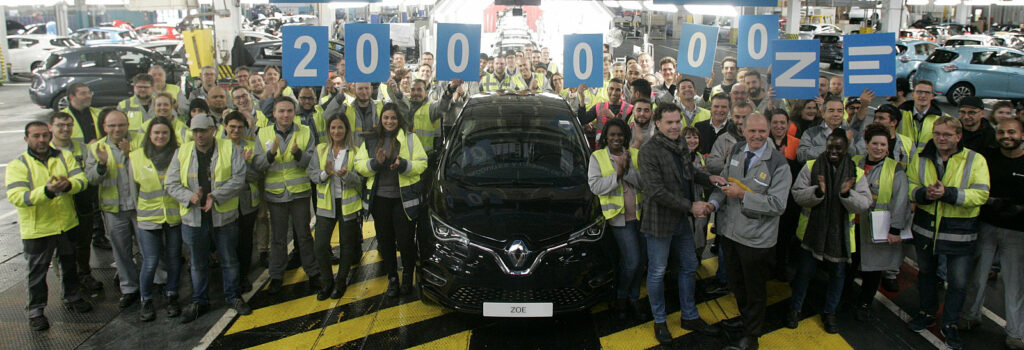The Renault-Nissan-Mitsubishi Alliance is currently in a very delicate economic situation, something that worsens the health crisis. On May 27, the group will present its restructuring strategy, while on the 28th and 29th, Nissan and Renault will give their full adjustment plans.
In Renault’s case, these plans go through drastic savings measures such as the disappearance of some models (Scénic, Espace, Talisman), as well as the closure of plants. Although some rumors suggest that the Spanish factories in Valladolid, Palencia, and Seville could be in danger. The biggest damage will be borne by the French factories, closing Dieppe and Flins, as well as the component factories in Codan, Choisy-le-Roi, and Morbihan.
Dieppe is the headquarters of Renault Sport and the center where the Alpine A110 sports car is manufactured. Although the future of the reborn Norman brand is not in danger due to the launch of new models that will be manufactured in other plants of the group (the Alpine AS2 electric SUV could be produced in Douai together with the rest of Renault models based on the modular platform CMF-EV, developed exclusively for electric cars), the A110 may see its commercial life end prematurely.
Flins factory for its part could close its doors at the end of 2022 when the current ZOE ceases to be produced (despite having been updated on several occasions is a model dating from 2012), being indirectly replaced by an urban SUV to be manufactured in Douai and that will see the light in 2021 (both will live together for a short period). With the closure of its French plants, Renault would aim to save up to 2,000 million euros.
The Douai factory, mentioned above, will become the crown jewel of Renault in Europe. It will be in charge of producing the brand’s electric cars for the old continent; Also, we should not rule out the possibility that it will also be responsible for the manufacture of some of the electric models of Nissan or Mitsubishi (although it is known that the Nissan Ariya will come from Japan).

